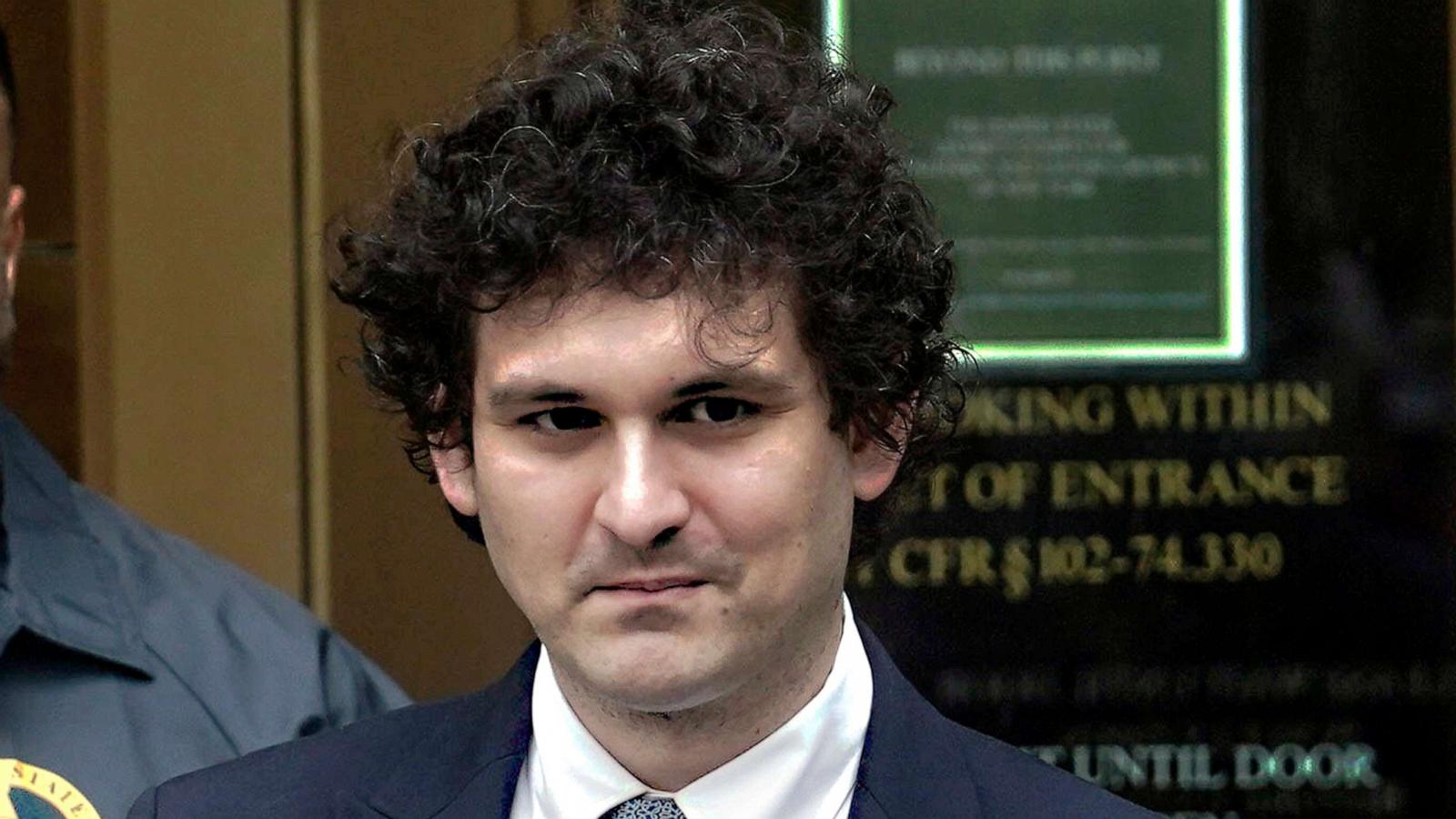The Securities and Exchange Commission (SEC) is ramping up its scrutiny of Binance US, targeting Changpeng Zhao, the platform’s former CEO.
This intensified investigation follows Zhao’s recent plea of guilt to charges brought by the Department of Justice (DOJ), a turn of events that’s shaken the foundations of the cryptocurrency world.
Charges and Allegations: The Deepening Crisis
At the heart of this escalating situation is the SEC’s ongoing lawsuit against Binance US, initiated in June. The SEC’s allegations mirror the infamous FTX scandal, suggesting that Binance, under Zhao’s leadership, might have engaged in similar fraudulent activities.
The primary focus? Potential backdoor control of assets on the Binance US platform, akin to the allegations against Sam Bankman-Fried of FTX.
Zhao’s predicament worsened following Binance’s hefty settlement with the US government, amounting to a staggering $4.3 billion.
His stepping down as CEO, replaced by Richard Teng, marked a pivotal shift in the company’s leadership amidst these turbulent times. Yet, this leadership change has done little to quell the suspicions and investigations of regulatory bodies.
A Legal Tangle: Courtroom Battles and Consequences
The legal complexities Zhao faces extend beyond the SEC’s accusations. A federal judge has restricted his travel, keeping him in the U.S. pending sentencing for anti-money laundering violations.
This restriction highlights the gravity of the charges against him and underscores the cautious approach of the legal system in dealing with such high-profile cases.
Binance US, represented by attorney Matthew Laroche, has vehemently argued against the SEC’s claims. Laroche’s assertion that there’s no evidence of asset misuse stands in stark contrast to the SEC’s pursuit, which has significantly impacted Binance US’s operations.
The platform has seen a drastic reduction in asset value and user base since the lawsuit’s inception. However, the legal journey is far from over.
U.S. Magistrate Judge Zia Faruqui, overseeing the evidentiary disputes, has urged both parties to work towards resolving their differences, setting a mid-December deadline for updates.
This directive points to a potential turning point in the case, where the outcomes of these legal battles could redefine the future of cryptocurrency regulation and oversight.
In the midst of these legal entanglements, Zhao’s future hangs in the balance. The decision on whether he must remain in the U.S. until his sentencing in late February is still pending, a decision with significant personal and professional ramifications.
The case against Zhao and Binance US is more than a legal drama; it’s a barometer of the regulatory environment facing the cryptocurrency industry.
As the SEC continues its relentless pursuit, the outcome of this saga could set a precedent for future actions against other crypto platforms.





